The Institute of Myology is run by a Board of Directors, a Scientific Advisory Board and an operational management team. In support, the expertise and skills of the members of the coordination contribute to the success of research teams with specific needs. The Institute brings together a large number of specialists in care, clinical and fundamental research.
Board of directors
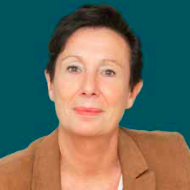 |
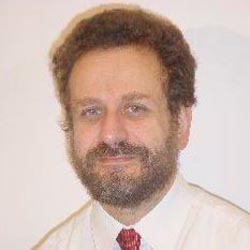 |
| President Laurence Tiennot-Herment Accountant |
Treasurer Jacques Salama Former public works Engineer |
Board Members
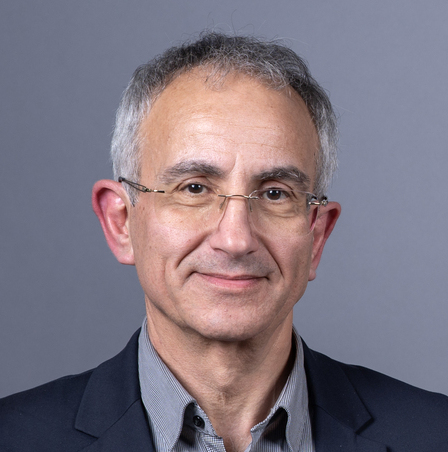 |
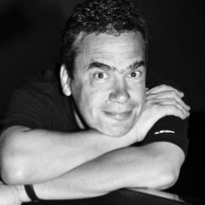 |
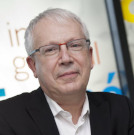 |
| Serge BRAUN Scientific Director of AFM-Téléthon |
Serge Bromberg Founder of production company Lobster Films |
Christian Cottet Chairman of the Centre for the Study of Stem Cells (CECS) I-Stem |
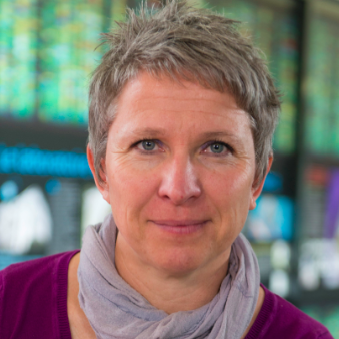 |
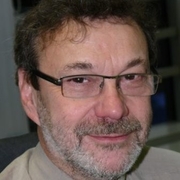 |
| Marina Granjon Financing Consultant |
Alain Pelc Former Director of the Statistics and Research Department of a Caisse de Sécurité Sociale |
Scientifc Advisory Committee
The Scientific Committee of the Institute of Myology issues an advisory opinion from the Board of Directors who makes decisions regarding the orientation and implementation of scientific projects.
The mission, the composition of the committee and its operating mode are defined by the Board of Directors of the Association. The Scientific Committee meets every two years to assess the scientific projects and the added value of the Institute.
Partners
Thierry GALLI (Inserm)
Martine DEFAIS (CNRS)
Olivier LYON-CAEN (AP-HP)
Anne FLURY-HÉRARD (CEA)
Serge BRAUN (AFM-Téléthon)
Annick CLÉMENT (Sorbonne University)
International Experts
Francesco MUNTONI (University College London)
Shin’ichi TAKEDA (National Center of Neurology an Psychiatry, Tokyo)
Alessandra FERLINI (University of Ferrara)
Peter VAN DEN BERGH (Cliniques universitaires St. Luc, Bruxelles)
Bjarne UDD (Université de Tampere, Finlande)
French Experts
Nathalie CARTIER-LACAVE (Inserm)
Gilles BOUVENOT (HAS Haute Autorité de Santé)
François GROS (Collège de France)
Margaret BUCKINHAM (Institut Pasteur)
Management
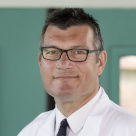 |
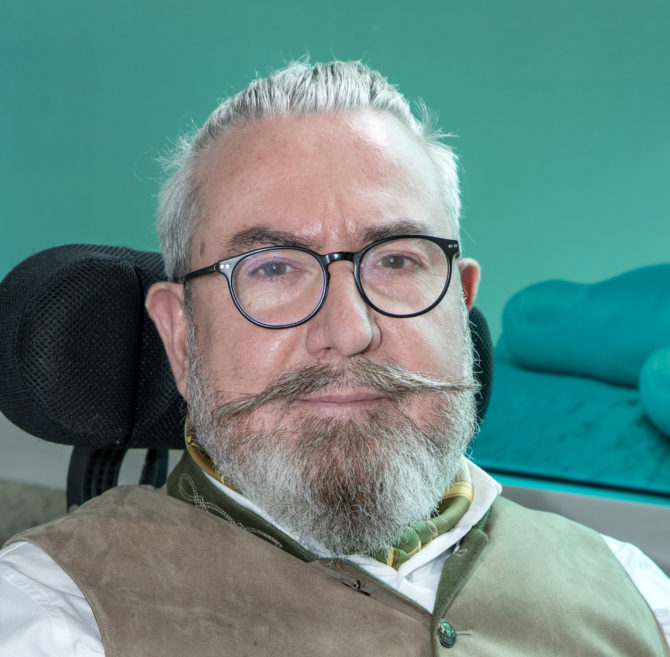 |
| Medical and Scientific Director Bertrand Fontaine Director of the Myology Research Centre, Head of the Service of Neuro-Myology |
Secretary General Vincent Varlet Coach and Mentor of the European EIT-Health program, President of the Think-Tank “LeLabEsanté” |
